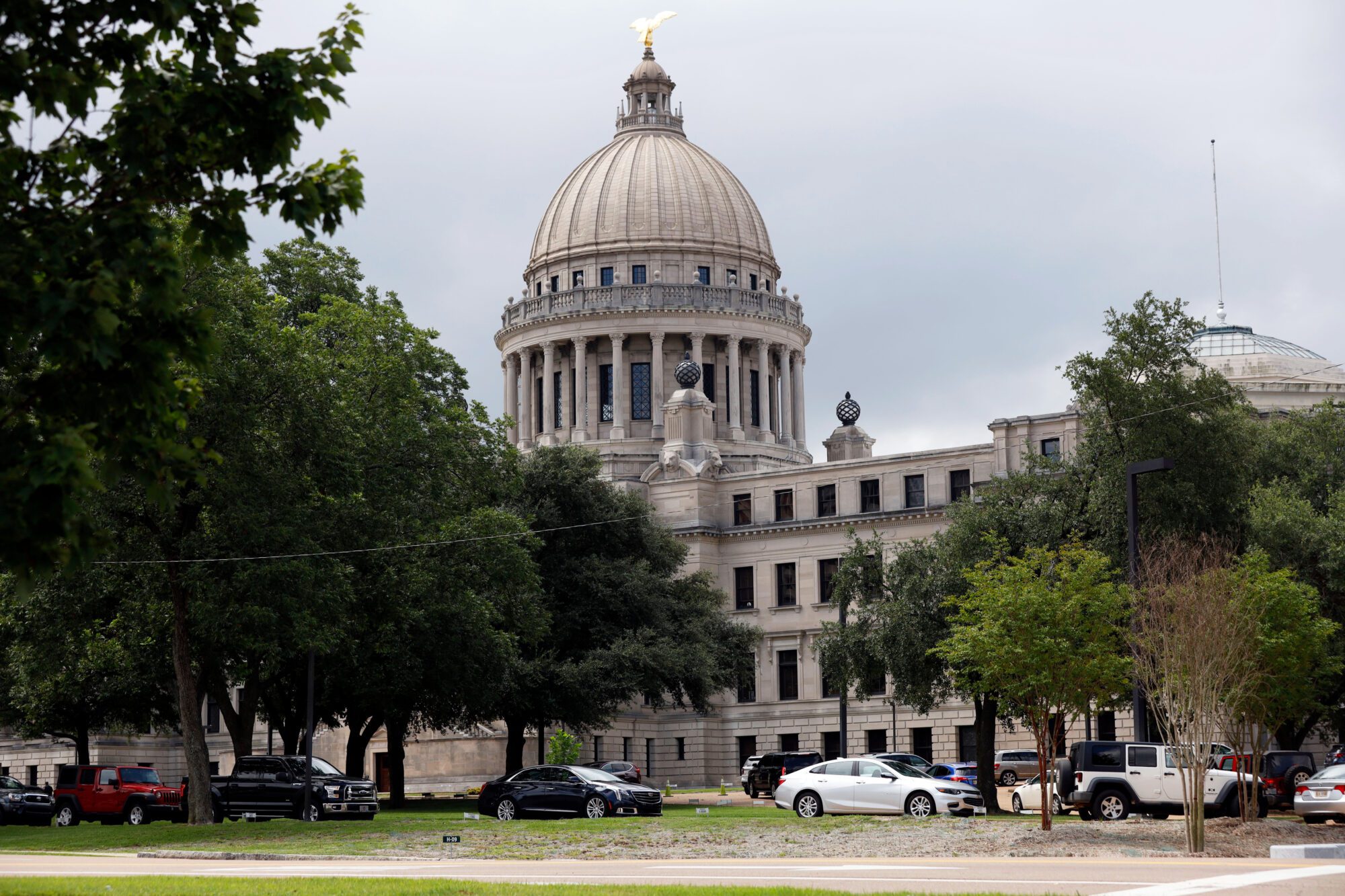
U.S. Senators Roger Wicker and Cindy Hyde-Smith of Mississippi
The two Mississippi U.S. Senators expressed concerns over national defense readiness and unbridled spending as reasons for not supporting the negotiated legislation. The bill now awaits President Biden’s signature.
Thursday night, the U.S. Senate took up H.R. 3746, the legislation to raise the nation’s debt ceiling, passing it by a vote of 63-36 with one Senator not voting. Its passage sends the measure to President Joe Biden’s desk for his signature ahead of a potential default just days away, according to the Treasury Department.
READ MORE: Biden, McCarthy reach debt ceiling deal
Among those opposed to the bill were Mississippi’s two U.S. Senators, Roger Wicker and Cindy Hyde-Smith.
For his part, Senator Wicker as ranking member of the Senate Armed Services Committee expressed deep concern over the debt ceiling deal as negotiated by President Biden and Speaker Kevin McCarthy, calling it “woefully inadequate.”
Ahead the Senate vote, Wicker joined other defense hawks on the floor to highlight what they believe will be the dangerous effects of the planned cuts to national defense.
“The world is in the most dangerous situation we’ve seen since World War II. This Biden budget – which is now enshrined in this debt ceiling bill – is woefully inadequate,” Senator Wicker said.
The Mississippi senior Republican Senator warned that the nation is in a period of extreme danger without adequate resources to sustain its national defense. This year’s budget cycle, Wicker said, is the last in which Congress can accomplish major changes to its military posture in the Pacific. Chinese Communist Party leader Xi Jinping has repeatedly mentioned 2027 as the year he intends to have a military capable of offensive action against Taiwan.
“We’ve got three or four years to get ready for the time when Xi Jinping says…he wants to be ready for war against the United States, a war over the island of Taiwan. The decisions we make today can be implemented if we have the resolve to do them by 2027,” Wicker said. “But we need to make those decisions this year. We don’t need to put them off until next year, and we certainly don’t need to say we’re going to go with the Biden cuts in readiness.”
While he recognized Speaker McCarthy work to negotiate the bill, Senator Wicker noted that the debt ceiling agreement does not do enough to address the rising debt of the U.S.
Wicker’s fellow Republican Senator from the Magnolia State agreed with her colleague.
Senator Hyde-Smith said that while she fully agrees that the nation must honor its obligations and not fall into default, the debt ceiling agreement “is deeply flawed in terms of truly stopping the Biden administration from its free-spending and over-regulatory ways.”
“I am grateful for Republican control of the House or else the Democrats would have just raised the debt limit without lifting a finger to get our fiscal house in order – just as President Biden and Democrats did in December 2021 so they could continue spending on big-government programs,” Senator Hyde-Smith said after her vote opposing the bill. “I am committed to continuing the fight for legitimate changes to control deficit spending and debt reduction, but this legislation does not qualify.”
As a member of the Senate Appropriations Committee, Senator Hyde-Smith cited what she said was a major flaw in the agreement, that being the fact that it disproportionately cuts discretionary spending over 10 years as opposed to unbridled mandatory spending. According to Hyde-Smith, the bill outlines $1.3 trillion in discretionary program cuts compared to only $10 billion in reductions to mandatory spending, which accounts for the majority of federal expenditures.
The bill passed the U.S. House on Wednesday by a vote of 314-117.
READ MORE: Three of four Mississippi Congressmen support compromise debt ceiling bill
Mississippi’s 3rd District Congressman Michael Guest, a Republican, was the only member of the state’s delegation to vote against the legislation.











